5 books to fill the sci-fi void left by 'Black Mirror' season 6
The popular series may be going in a new direction, but you can still get your sci-fi fix


A free daily email with the biggest news stories of the day – and the best features from TheWeek.com
You are now subscribed
Your newsletter sign-up was successful
We independently evaluate all recommended products and services. If you click on the links we provide, we may receive compensation.
Popular dystopian anthology series "Black Mirror" returned in June with a sixth season after a four-year hiatus, but for some fans, the show seemed a little unfamiliar. Though it's known as a science-fiction show that paints a grim picture of the perils of technology, the latest season was more supernatural than futuristic and turned its attention to the past.
Since the show last aired in 2019, headlines have been dominated by a global pandemic, rapidly advancing artificial intelligence and other hauntingly "Black Mirror"-esque events. Series creator Charlie Brooker told GQ that he included more comedy in the latest season mainly because "it feels like the dystopia is lapping onto our shores at the present moment."
The Week
Escape your echo chamber. Get the facts behind the news, plus analysis from multiple perspectives.

Sign up for The Week's Free Newsletters
From our morning news briefing to a weekly Good News Newsletter, get the best of The Week delivered directly to your inbox.
From our morning news briefing to a weekly Good News Newsletter, get the best of The Week delivered directly to your inbox.
Whatever the reason behind the genre shift, some fans were still disappointed by the lack of sci-fi in the new season. If the latest season left you wanting prophetic futuristic themes, these are a few books you could grab for your sci-fi fix.
"Oryx and Crake" by Margaret Atwood (2003)
Atwood is no stranger to writing eerily spot-on speculative fiction as the mind behind "The Handmaid's Tale." Her 2003 novel, "Oryx and Crake," is the first book of a dystopian trilogy set in a world ravaged by a plague. The story features Jimmy, who believes he's the sole survivor, and a breed of humanoids called the Children of Crake. The "hollowed-out, haunted future world" in Atwoord's "ingenious and disturbing" novel is a result of "environmental unconcern, genetic engineering and bioterrorism," Kirkus Review stated when the book debuted. The "landmark work of speculative fiction" was "comparable to 'A Clockwork Orange,' 'Brave New World' and Russian revolutionary Zamyatin's 'We,'" Kirkus concluded. Order here.
"Do Androids Dream of Electric Sheep?" by Philip K. Dick (1968)
Regarding sci-fi classics, Dick's 1968 novel "Do Androids Dream of Electric Sheep?" is worth revisiting if you want to fill the sci-fi void. It inspired the "Blade Runner" and "Blade Runner 2049" films, though some aspects of the novel were changed. The book follows Rick Deckard, a bounty hunter on a mission to kill a group of rogue androids. The story is set in a post-apocalyptic 2021, technically the past. In the wake of a nuclear war, living animals are highly coveted, as most are endangered or extinct. Order here.
"Children of the New World" by Alexander Weinstein (2016)
A short story collection is a good stand-in for an anthology series, and Weinstien's "Children of the New World" is thematically reminiscent of past seasons of "Black Mirror." The "disturbing, ludicrous and darkly humorous" stories feature future technology in a somewhat utopian future, Book Riot stated. There are companies manufacturing fake memories, humanoid robots and fatally immersive VR video games in Weinstein's "resonant and thought-provoking" tales. "Weinstein offers a thought-provoking take on a near future about how advancement in technology will impact the way we live and connect as humans," Book Riot mused. Order here.
A free daily email with the biggest news stories of the day – and the best features from TheWeek.com
"Broadcast" by Liam Brown (2019)
Liam Brown's 2019 novel, "Broadcast," also fits the mold of eerie science fiction that reflects the dangers of technology running amok. David Callow, an influential video blogger, is the central character of this sci-fi gem. After agreeing to be the face of a revolutionary technology called "MindCast" that broadcasts all his thoughts 24/7, he becomes a viral sensation. David reaches unprecedented fame, but his newfound celebrity comes at a price. He soon realizes that his thoughts are being manipulated by the company behind the innovative tech. "'The Truman Show' meets 'The Circle' in this claustrophobic story about corporate culture and social media," Book Riot commented. Order here.
"Bloodchild and Other Stories" by Octavia E. Buttler (1995)
Butler is a renowned science-fiction author, and this collection of short stories is a cornucopia of what she does best. The book includes a selection of her award-winning short stories, including "Bloodchild," the winner of both the Hugo and Nebula Awards, and "Speech Sounds," the winner of the Hugo Award. The former shows a world where humans are trafficked as breeders for a colonizing alien race, and the latter imagines a dystopian world where human beings have lost the ability to speak or read. In a 1995 review, The New York Times called the collection a "fine example of how science fiction, by subverting expectations, can jar us into a new appreciation of familiar truths." Order here.
Theara Coleman has worked as a staff writer at The Week since September 2022. She frequently writes about technology, education, literature and general news. She was previously a contributing writer and assistant editor at Honeysuckle Magazine, where she covered racial politics and cannabis industry news.
-
 The Olympic timekeepers keeping the Games on track
The Olympic timekeepers keeping the Games on trackUnder the Radar Swiss watchmaking giant Omega has been at the finish line of every Olympic Games for nearly 100 years
-
 Will increasing tensions with Iran boil over into war?
Will increasing tensions with Iran boil over into war?Today’s Big Question President Donald Trump has recently been threatening the country
-
 Corruption: The spy sheikh and the president
Corruption: The spy sheikh and the presidentFeature Trump is at the center of another scandal
-
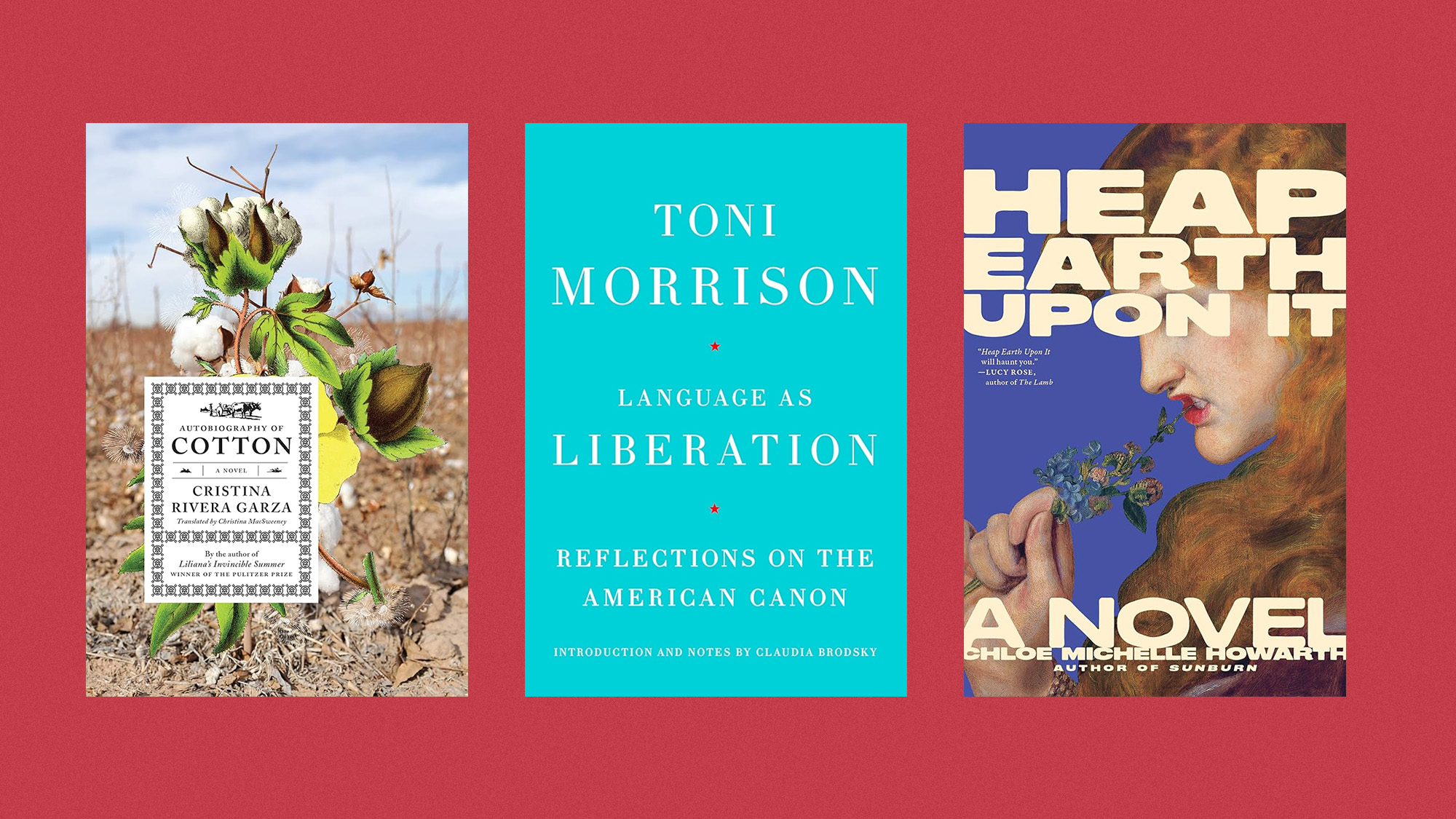 February’s books feature new Toni Morrison, a sapphic love tale and a criticism of Mexican history
February’s books feature new Toni Morrison, a sapphic love tale and a criticism of Mexican historyThe Week Recommends This month’s new releases include ‘Autobiography of Cotton’ by Cristina Rivera Garza, ‘Language as Liberation’ by Toni Morrison and ‘Heap Earth Upon It’ by Chloe Michelle Howarth
-
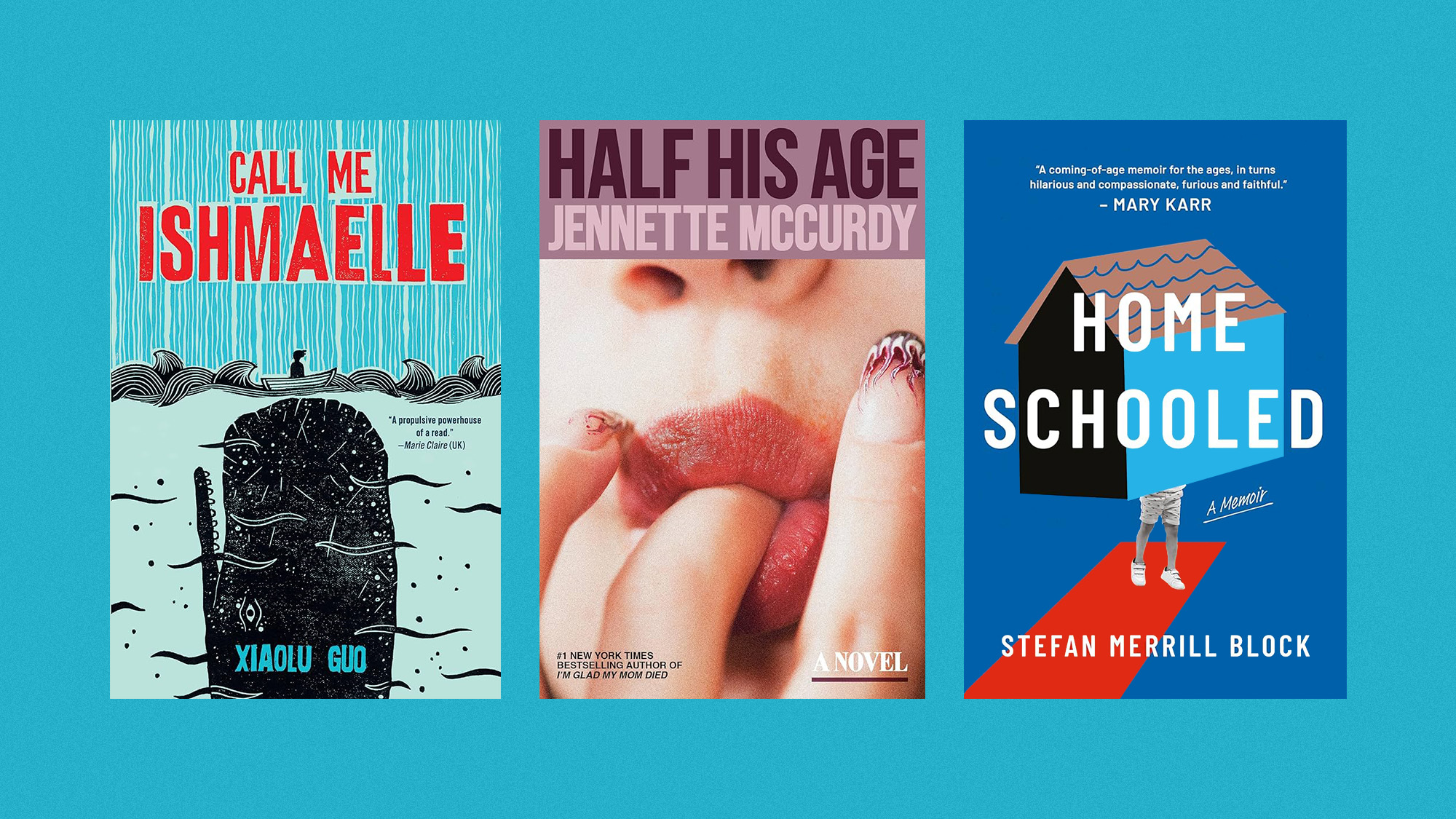 January’s books feature a revisioned classic, a homeschooler’s memoir and a provocative thriller dramedy
January’s books feature a revisioned classic, a homeschooler’s memoir and a provocative thriller dramedyThe Week Recommends This month’s new releases include ‘Call Me Ishmaelle’ by Xiaolu Guo, ‘Homeschooled: A Memoir’ by Stefan Merrill Block, ‘Anatomy of an Alibi’ by Ashley Elston and ‘Half His Age’ by Jennette McCurdy
-
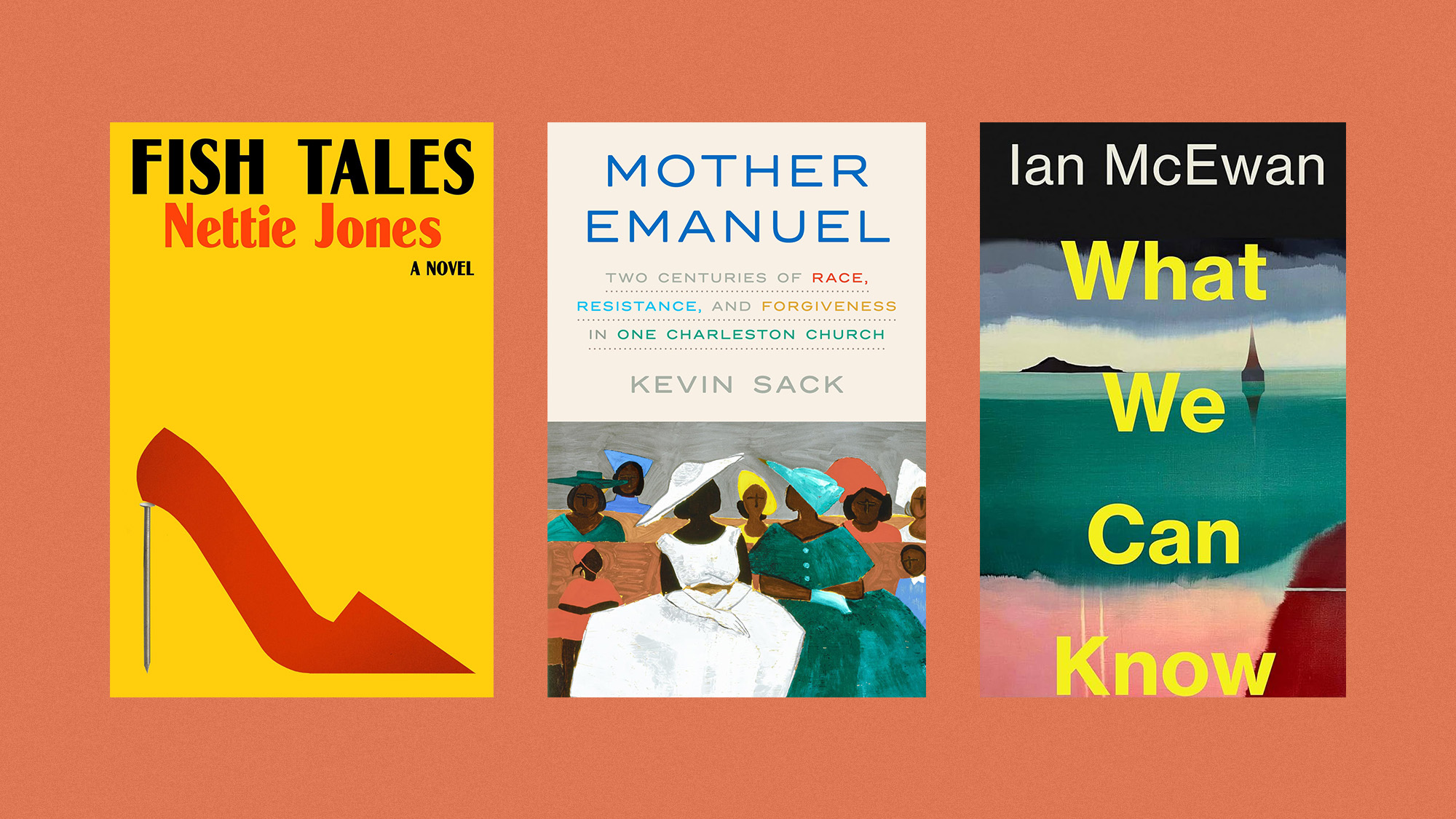 The best books of 2025
The best books of 2025The Week Recommends A deep dive into the site of a mass shooting, a new release from the author of ‘Atonement’ and more
-
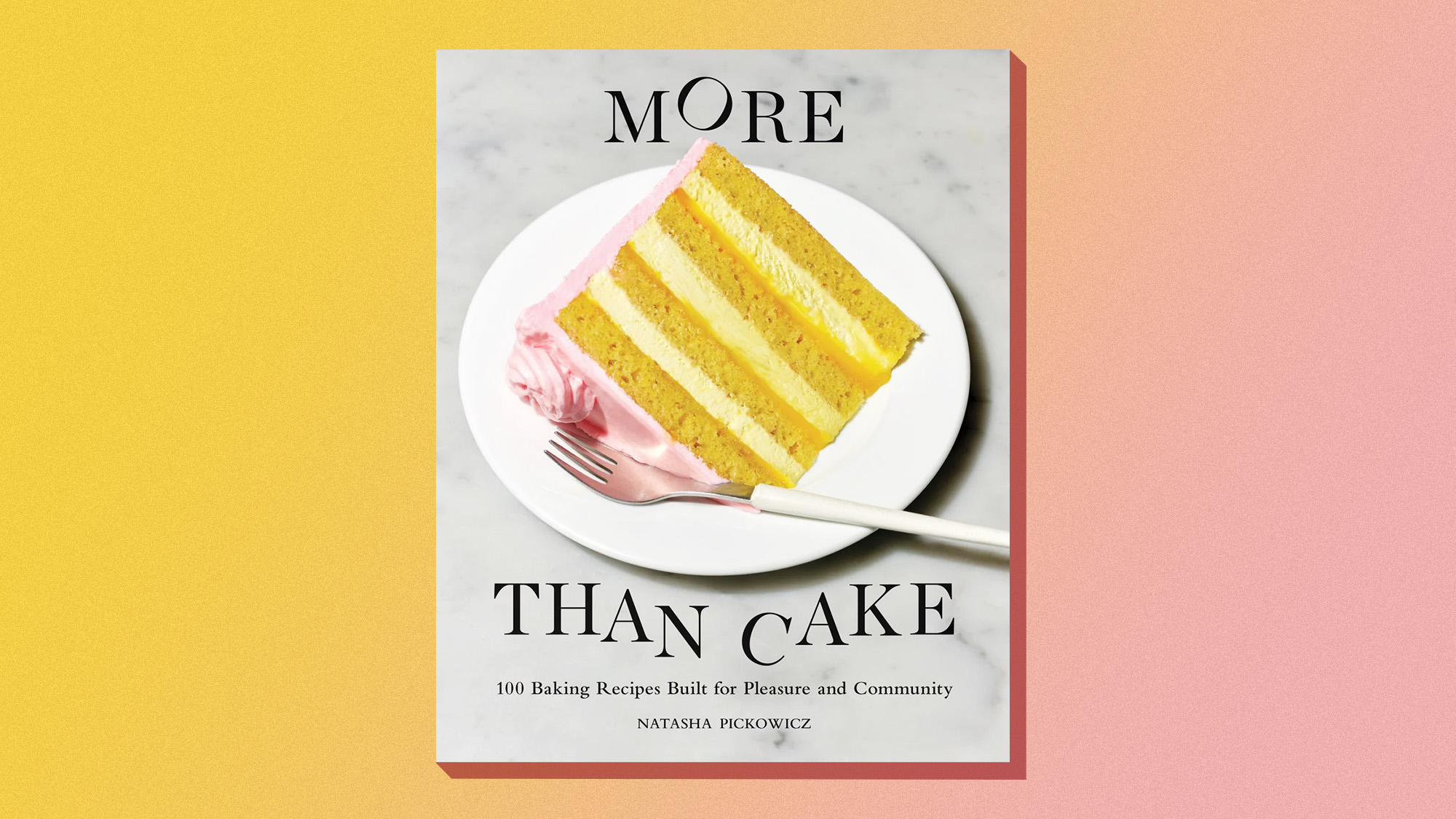 One great cookbook: Natasha Pickowicz’s ‘More Than Cake’
One great cookbook: Natasha Pickowicz’s ‘More Than Cake’the week recommends The power of pastry brought to inspired life
-
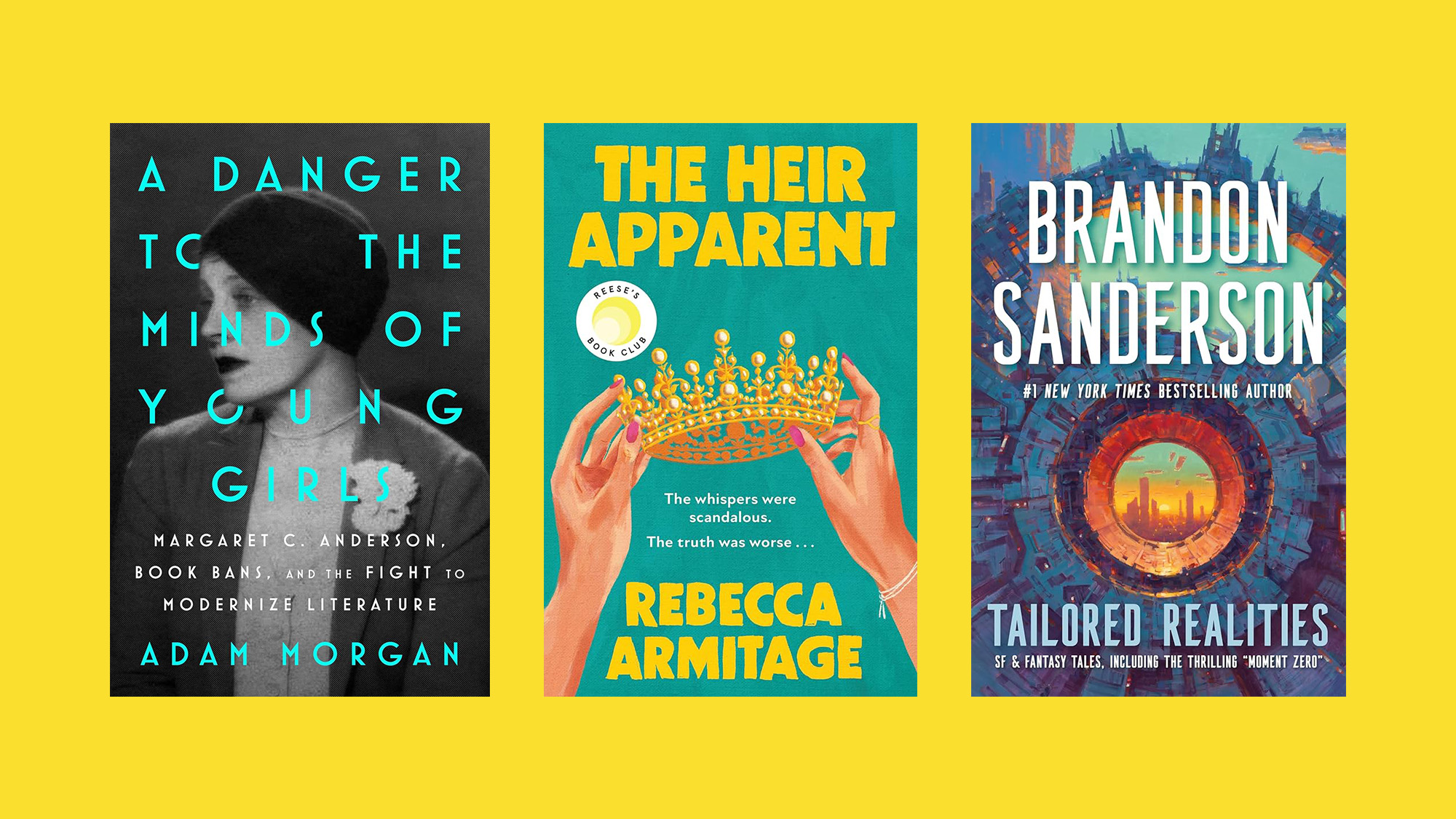 December’s books feature otherworldly tales, a literary icon’s life story and an adult royal romp
December’s books feature otherworldly tales, a literary icon’s life story and an adult royal rompThe Week Recommends This month's new releases include ‘The Heir Apparent’ by Rebecca Armitage and ‘Tailored Realities’ by Brandon Sanderson
-
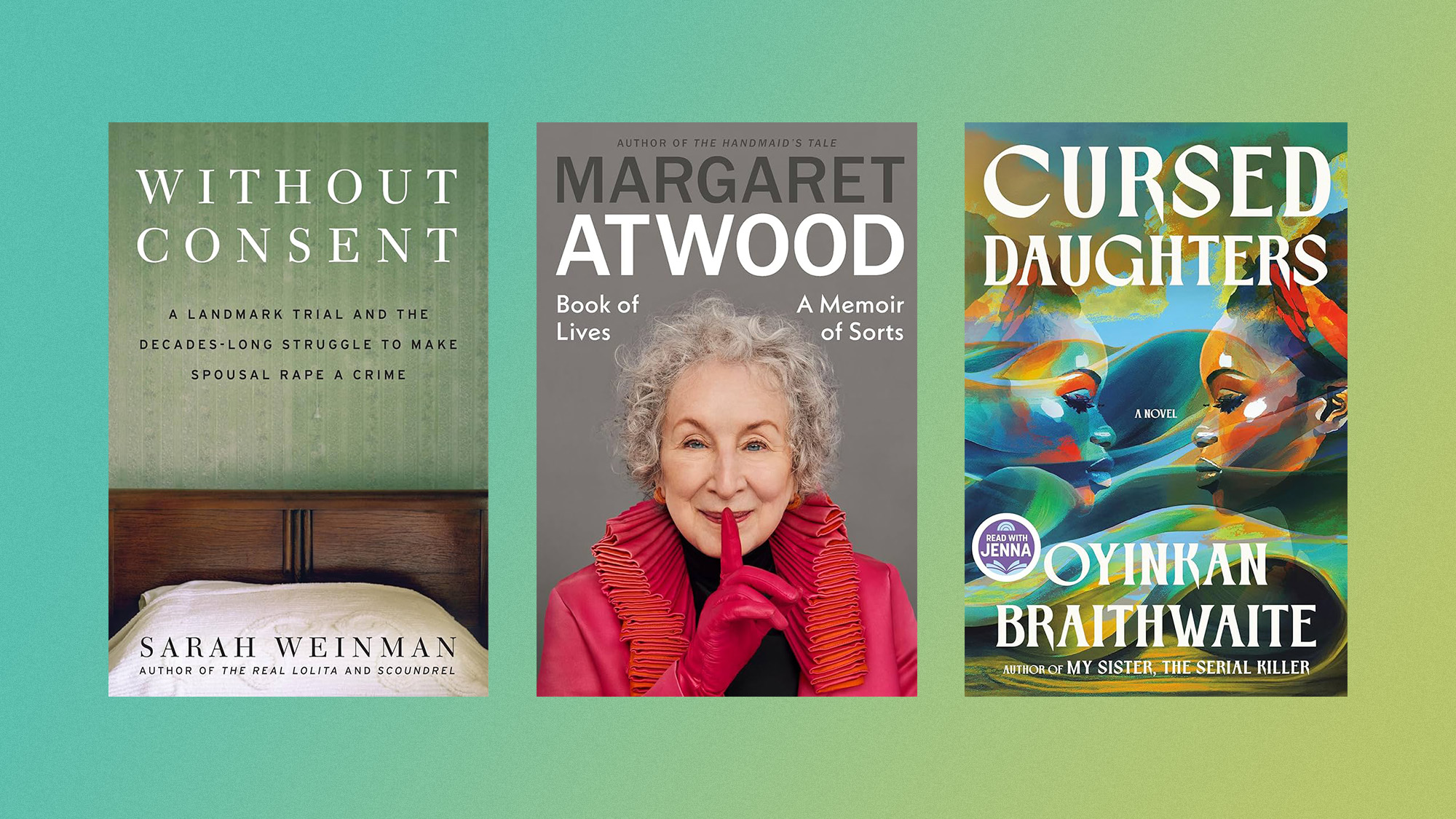 Margaret Atwood’s memoir, intergenerational trauma and the fight to make spousal rape a crime: Welcome to November books
Margaret Atwood’s memoir, intergenerational trauma and the fight to make spousal rape a crime: Welcome to November booksThe Week Recommends This month's new releases include ‘Book of Lives: A Memoir of Sorts’ by Margaret Atwood, ‘Cursed Daughters’ by Oyinkan Braithwaite and 'Without Consent' by Sarah Weinman
-
 One great cookbook: Niloufer Ichaporia King’s ‘My Bombay Kitchen’
One great cookbook: Niloufer Ichaporia King’s ‘My Bombay Kitchen’The Week Recommends A personal, scholarly wander through a singular cuisine
-
 One great cookbook: Camilla Wynne's 'Jam Bake'
One great cookbook: Camilla Wynne's 'Jam Bake'The Week Recommends A guide to pristine jam-making, plus the baked goods that love them
